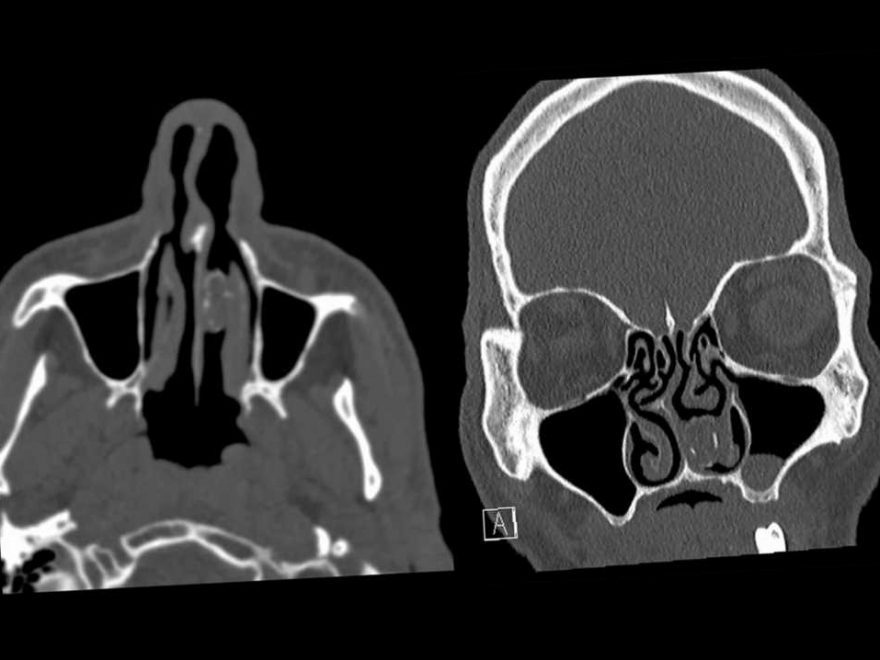This is not how you snort drugs.
A 48-year-old man stunned doctors after it was revealed that his persistent sinus infections were the result of marijuana he stuffed up his nose nearly two decades earlier. His peculiar case was documented in the journal BMJ Case Reports.
The unnamed patient from Sydney, Australia concocted the half-baked trafficking scheme while incarcerated 18 years ago, Newsweek reports.
During a prison visit, his girlfriend passed him a rubber balloon, which he shoved up his right nostril, concealing the contraband cannabis from guards while returning to his cell.
Although the prisoner evaded detection, his unorthodox marijuana-muleing was hardly a success. The pot parcel lodged so deep in his nasal cavity that he couldn’t retrieve it. Attempts to fish it out only drove the balloon deeper into his sinus passage.
Eventually, the frustrated jailbird convinced himself the baggie had fallen down his throat, and forgot about the whole ordeal, according to the case report.
It wasn’t until years later that his dopey scheme came back to bite him, well, in the nose. When recurring headaches and perpetual nasal congestion prompted him to see a doctor, he was referred to the ear, nose and throat department at Westmead Hospital in Sydney. CT scans and a nasal endoscopy revealed a “firm gray mass” in his right nostril.
A subsequent surgery retrieved the ¾-inch “rubber capsule” containing a “degenerate plant/vegetable matter.”
The ex-con initially told doctors he accidentally swallowed the parcel, before finally copping to his ill-fated drug-smuggling escapade. BMJ reports that this was only the second time a rhinolith — a solid formation in the nasal passage — was diagnosed as the result of trafficking narcotics. (The first entailed codeine and opium swaddled in a nylon sheet.)
Fortunately, this former inmate’s hoosegow stowaway was removed without incident, and he recovered fully within three months.
By the way: Rhinoliths far more commonly entail beads and seeds that kids stuff up their nostrils, Science Alert reports.
Source: Read Full Article

